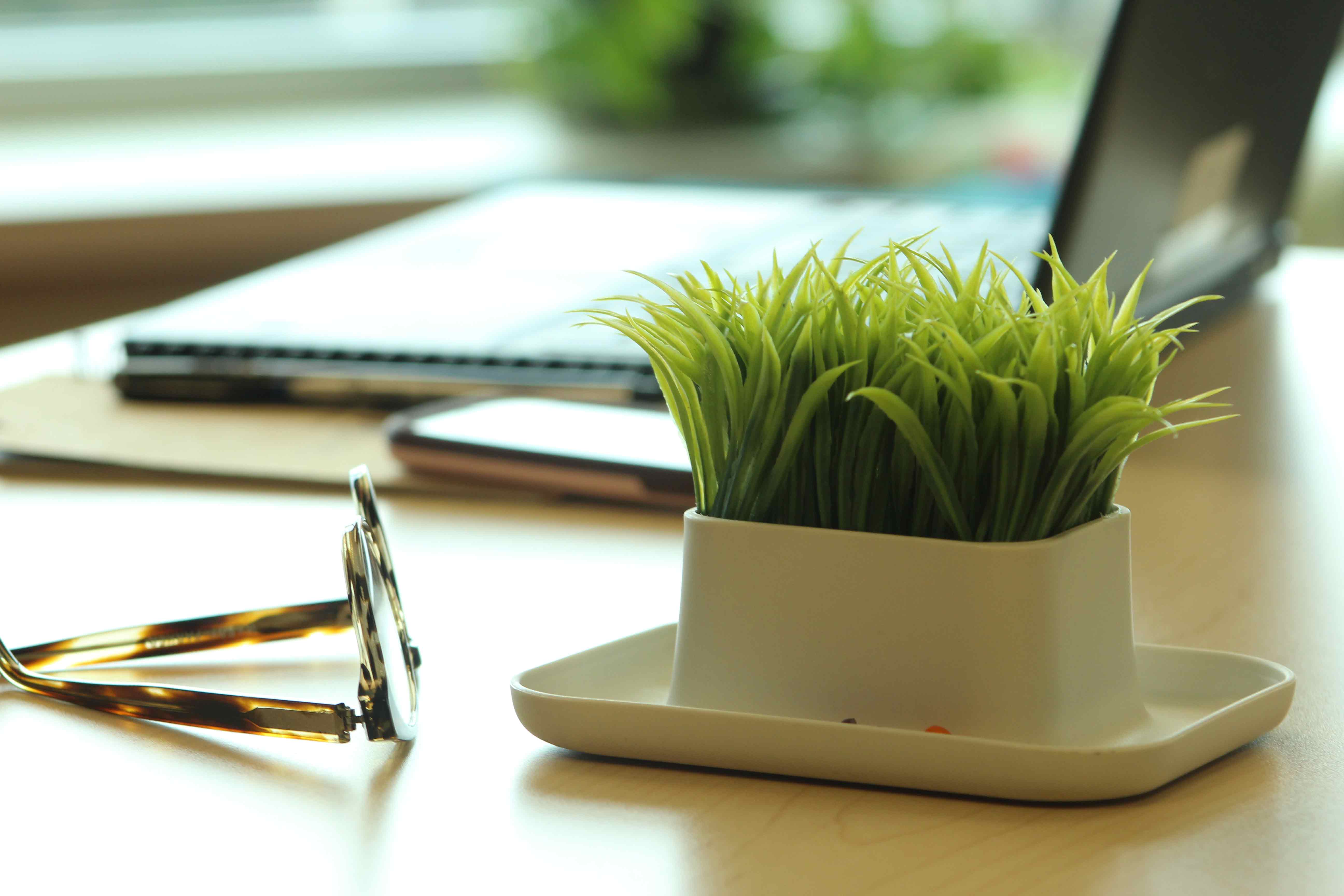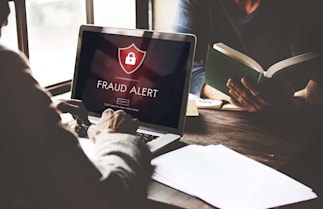Is your desk piled high with stacks of confidential documents and folders? Do you have Post-it© notes laying around with company, password, or client information stuck to your computer? Or better yet, hiding under your keyboard? Take a look around and see what you have laying out on your desk, posted in your workspace, or taped to your computer that others can see.
Our work days are busy, and during the day we run to the break room to get a soda or at the end of the day we just want to go home. Many of us figure that, during the day, the vendors and clients who come into our space will never look at what’s on our desks or hanging on our computers. And, during the night, the cleaning crew members are the only ones in our space (or are they?) and they couldn’t care less about the items we have laying around. And most of the time you’re right, but you can’t be sure.
I’ve worked for organizations in the past where I’ve seen many desks with client files, contracts, names, addresses, social security numbers, credit card numbers, financial information including tax returns, etc. laying out during the day while employees are helping clients. And if you walk around at night after everyone’s gone home, it’s surprising how much confidential information can be seen, and that doesn’t include items that are in unlocked drawers.
When we are examined by auditors, one area they focus on is physical security. While this obviously involves things such as safeguarding sensitive client information, you may not realize that it includes some mundane, day-to-day aspects of keeping confidential information secure. Thus the “clean desk” requirement. A clean desk reduces the chance of confidential information being compromised.
With that, here are some tips to keep a clean and confidential work space:
- Store your passwords. Rather than having your passwords out in the open for everyone to see, ask your IT department for a list of recommended password storage tools.
- Lock up client information. Most desks have a place where you can lock up important documents. Use it!
- Partner with a shredding company. If you no longer need the document, but it contains sensitive information, place it in a shred bin so it doesn’t fall into the wrong hands.
A clean desk also promotes productivity. It actually helps to reduce your stress when you work and it gives the right image for customers and vendors who visit your company. A cluttered desk can make a poor impression. According to Jeannie Dede, Vice President of recruiting for Adecco, “with so many open office plans today, more people can see into your workspace and they do judge. It’s often personal. They think that you must be a slob in your real life.” Your colleagues and clients are judging you.
So not only does a clean desk help to keep information confidential, it also gives the overall perception of efficiency and organization.





